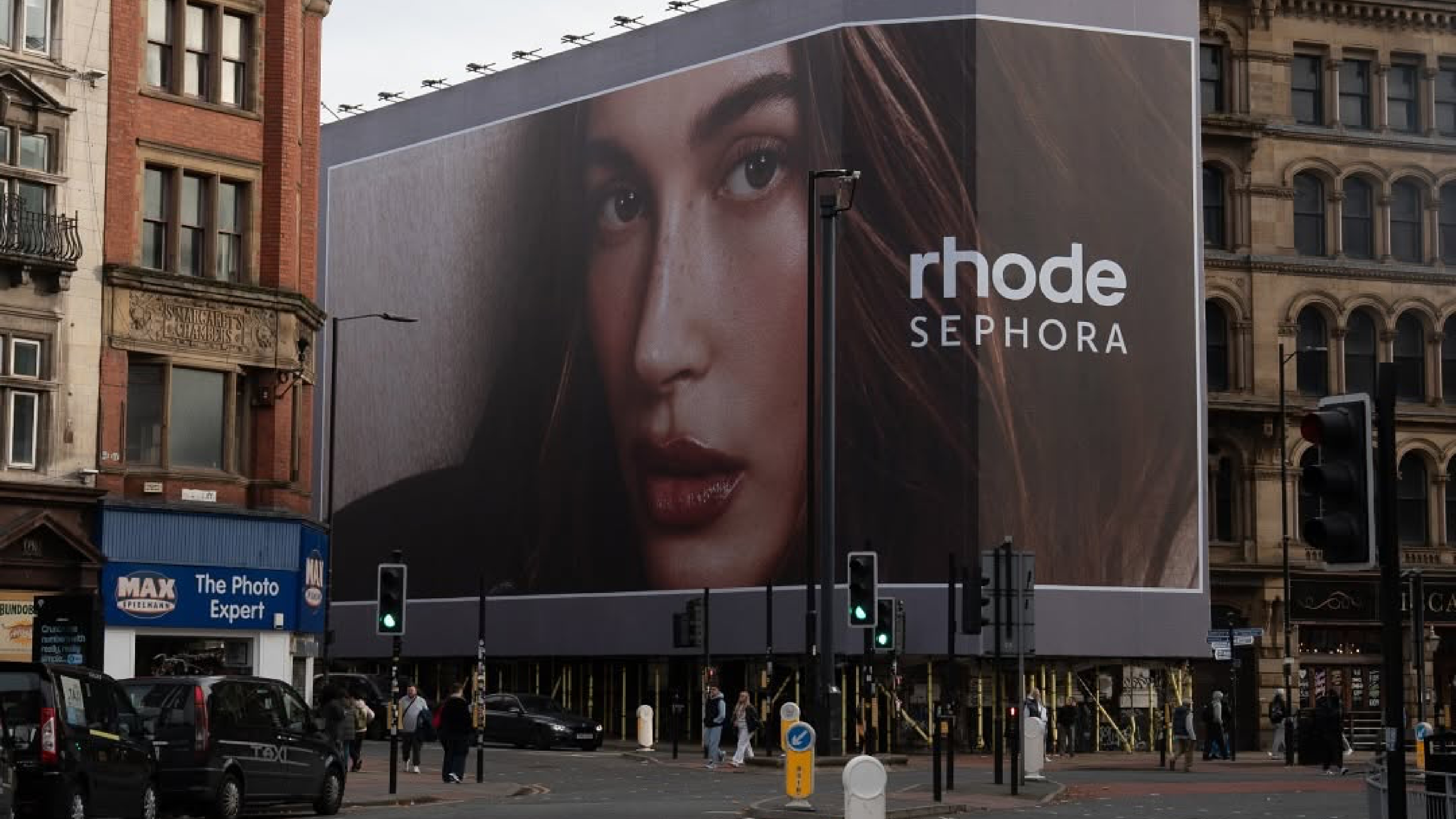The future of marketing is an exciting and ever-evolving topic. With advancements in technology and changing consumer behaviour, there's a lot to look forward to. Here are some potential trends that we might see in the coming years:
Personalisation is king
As consumers become accustomed to personalised content and recommendations, companies will need to invest more in advanced data analytics and machine learning algorithms to tailor their marketing efforts to individual customers. Say goodbye to one-size-fits-all marketing campaigns!
AI everywhere
AI-powered tools are already being used to automate routine marketing tasks like email marketing and social media posting. We can expect to see more sophisticated AI applications that can analyse customer data and generate insights that can inform marketing strategies.
Omni-channel marketing ruling the roost
With consumers using multiple devices and platforms to interact with brands, companies will need to focus on providing a consistent experience across all channels, including social media, websites, mobile apps, and physical stores.
Video content on top
As the popularity of platforms like YouTube and TikTok continues to grow, companies will need to invest in creating engaging and visually appealing video content to capture and retain consumer attention.
Sustainability and social responsibility as standard
Consumers are increasingly conscious of the social and environmental impact of the companies they buy from. In the future, we can expect to see more brands incorporating sustainability and social responsibility into their marketing strategies.
Augmented reality + virtual reality = new opportunities
AR and VR technologies can provide immersive experiences that allow customers to interact with products in a more engaging way. We can expect to see more companies using these technologies to create unique and memorable brand experiences.
To make the most of these trends, brands can implement several strategies, including building a strong brand identity, personalising marketing efforts, embracing automation and AI, creating engaging video content, incorporating social responsibility and sustainability into marketing efforts, and experimenting with emerging technologies. By doing so, brands can better connect with their target audience, build brand loyalty, and drive business growth.
We see popular brands all around us already implementing them.
Glossier, a popular beauty brand, has made personalisation a core part of their marketing strategy. They use data to personalise the shopping experience for each customer, offering recommendations based on past purchases and browsing history. In addition, Glossier also emphasizes social responsibility, with a commitment to sustainability and a focus on diversity and inclusivity.
Another brand that's doing some cool stuff with their marketing strategy is Sephora. They're a leading beauty retailer, and they've embraced omni-channel marketing, which means they provide a seamless shopping experience across all channels. You can shop with them online, in-store, or through their mobile app, and you'll get a consistent experience no matter where you go. They're also creating really engaging video content, like tutorials and product reviews, to educate and inspire their customers.
And let's not forget about Lululemon, the popular athleisure brand. They're incorporating some pretty advanced technology into their marketing strategy, like artificial intelligence and augmented reality. With AI-powered algorithms, they're able to personalise the shopping experience for each customer by recommending products based on individual preferences and past behaviour. And they've even created a virtual shopping experience using augmented reality, which allows customers to see how clothes will fit and look before making a purchase.






.svg)


.svg)
.svg)






